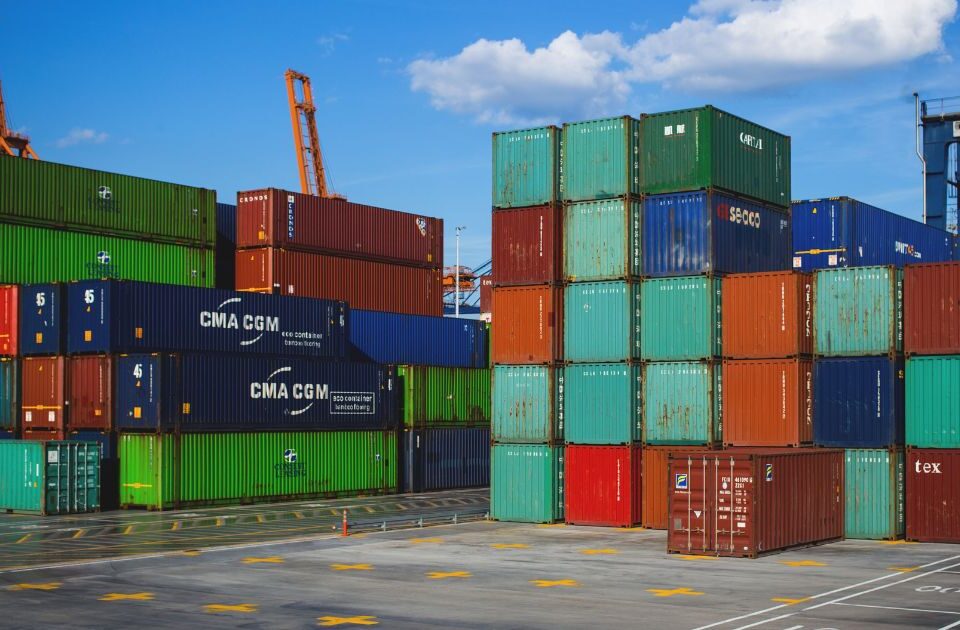
BREAKING: Baltimore Bridge Collapses After Cargo Ship Crash
March 26, 2024
The Drought in the Panama Canal Could Be Ending
April 22, 2024Announcement of Vague Merchandise Description Cargo Messages
U.S. Customs and Border Protection has issued messaging below regarding vague merchandise descriptions which will hold up cargo movement. We would like to take a proactive approach and advise clients to work with their overseas vendors to ensure descriptions used are not considered vague, as per the below message, prior to shipment of the cargo. Please address this with overseas vendors prior to shipment so there is no hold up of cargo. Cargo with vague descriptions will require more communication prior to movement of the goods and can result in the hold of the goods.
CSMS # 60011750 – Announcement of Vague Merchandise Description Cargo Messages
On April 1, 2024, CBP will nationally implement cargo messaging to communicate with the entry filer on shipments that have vague noncompliant cargo descriptions.
19 CFR § 4.7a, 122.48a, 123.91, 123.92 and 128.21 require a precise, or specific, description of the merchandise. Carriers and other parties electing to file electronic cargo information data to CBP are required to provide a precise description of the cargo. Specifically, CBP is aiming to address vague cargo descriptions including, but not limited to, “gift”, “daily necessities”, “accessories”, “parts”, and “consolidated.” “Consolidated” is only acceptable at the master bill level. In most cases, messages will be sent via ACE Cargo Release after release of the cargo. Brokers and importers are expected to process these messages and work to correct the issue with the shipper and bill of lading issuer for compliance on future shipments.
Below is an example of a cargo message for a de minimis shipment transmitted with a vague cargo description:
ecommerce@cbp.dhs.gov Cargo description unacceptably vague. A precise description is required.
Brokers and Freight Forwarders who self-file House Bills are held to the same standard as carriers and are expected to screen data for compliance with cargo declaration regulations. The entry filer is expected to review the cargo messages for compliance when concerns are identified. If the entry filer and bill of lading filer are the same, corrective action is expected immediately. If CBP identifies any enforcement concerns, CBP may take additional actions.
For general questions, or concerns about specific vague description cargo messages, please email a Western Overseas or Seahorse International representative at contactus@westernoverseas.com.



